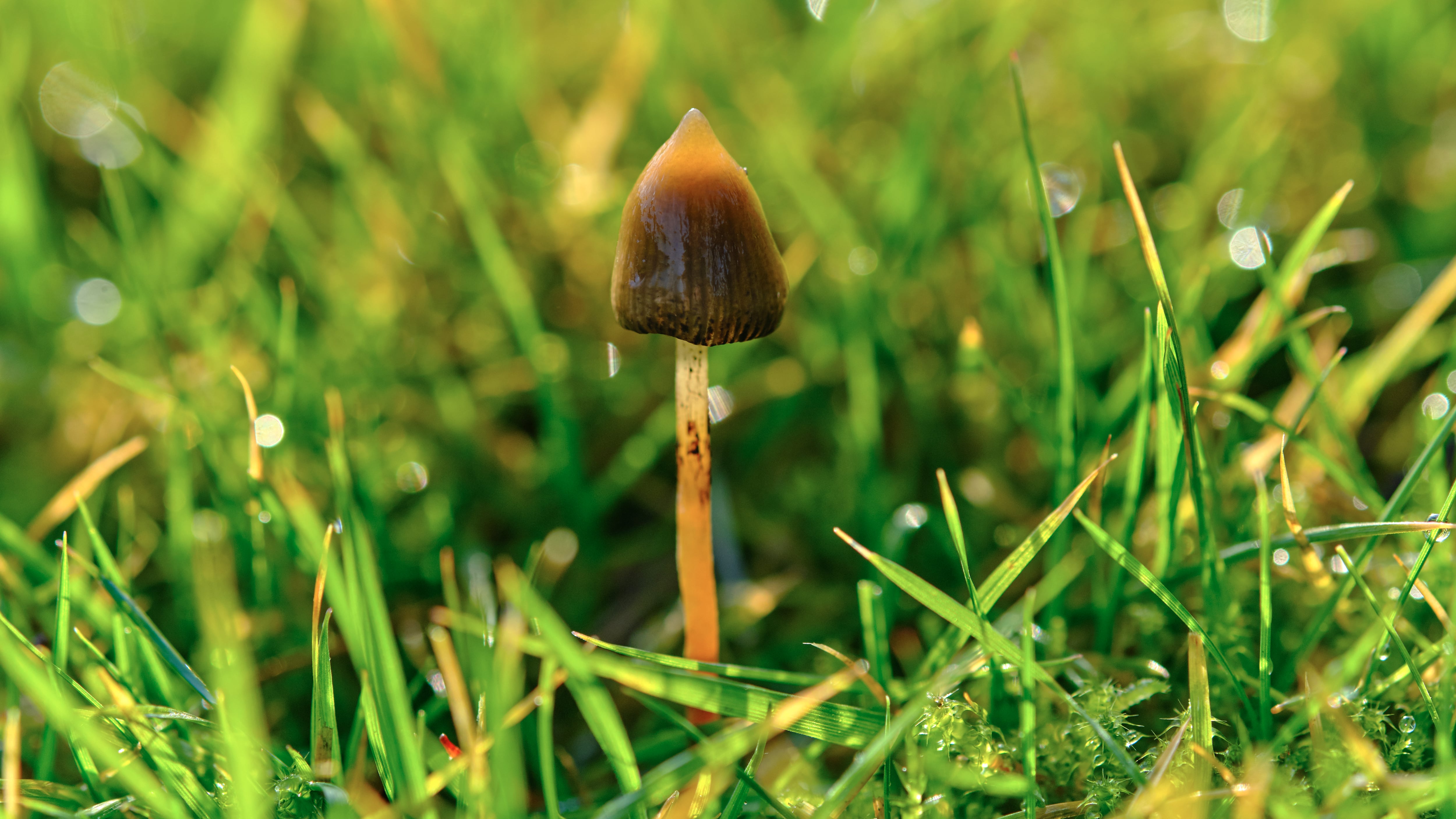If you live in Portland, chances are you have a friend who’s into microdosing: taking a small amount of magic mushrooms or LSD on a regular basis to improve their productivity, creativity, and state of mind.
A new study of microdosing with dried mushrooms in the scientific journal Translational Psychiatry shows that those positive effects are probably in your friend’s head.
The study is especially relevant in Oregon because voters in 2020 passed Measure 109, legalizing supervised, therapeutic psilocybin trips. The measure doesn’t say anything about microdosing, but some experts say the language of the measure allows it.
The issue burst into the open at a meeting of the Oregon Psilocybin Advisory Board in January, when one of the board members asked if Dr. James Fadiman, the “Godfather of Microdosing” would be allowed to speak. A nasty argument ensued. Afterward, Fadiman, who was on the call said: “There is going to be microdosing throughout Oregon regardless of what this committee does.”
The new study is one of the first to use placebo controls, the researchers said. “Microdosing is frequently undertaken to improve mood, cognitive function and mental concentration, as well as to enhance creativity and problem-solving skills, yet the effects of low doses of psilocybin or other serotonergic psychedelics have not been extensively investigated to date.”
“Serotonergic” describes compounds that act on the neurotransmitter serotonin.
For their study, reseachers recruited 34 people who were planning to start a microdosing regimen. For one week, some of the subjects got a half gram of dried mushrooms in a gel cap, and others got a placebo. After a week off, researchers switched the experiment and gave placebos to the subjects who had gotten mushrooms, and vice-versa.
Researchers assessed the subjects with questionnaires and tests, one of which was the Remote Associates Test. The RAT, as it’s known, tests creativity by giving a subject three common “stimulus words” that appear unrelated, and asking them to think of a fourth word that is somehow related to all three (example: “dust, cereal, fish,” with the answer being “bowl.”)
Researchers also administered the Alternative Uses Test, asking subjects to think of as many uses as possible for an everyday object, like a piece of wood, a pen, or a brick. They also used an electroencephalogram to measure brain activity.
The results? Many of the subjects figured out that they had gotten the real mushroom dose, and they noticed something was different. But different didn’t appear to mean better, smarter, or faster.
“According to our findings, low doses of psilocybin mushrooms can result in noticeable subjective effects and altered EEG rhythms, but without evidence to support enhanced well-being, creativity and cognitive function. We conclude that expectation underlies at least some of the anecdotal benefits attributed to microdosing with psilocybin mushrooms.”
Simply put, if you microdose and expect a result, you’re much more likely to report one. But the result may not be a better, faster brain.
